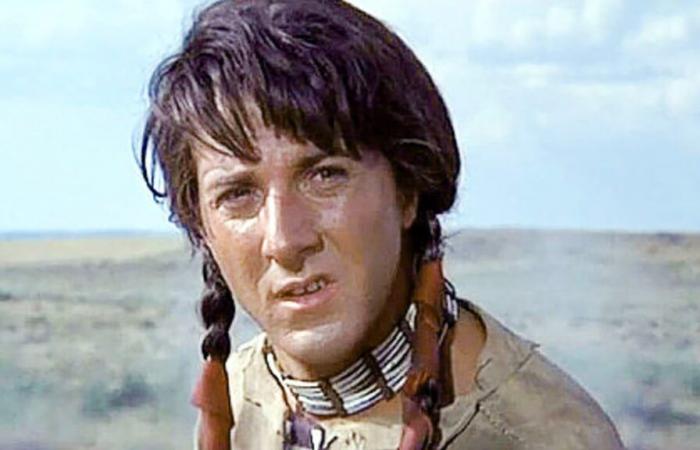One 1970, le western Little Big Man, D’Arthur Penn and carried by Dustin Hoffman, upset the codes of the genre and demystified the conquest of the West to the cinema. A masterpiece to see or review this Monday, May 5, at 8:55 p.m. on Arte.
The thousand lives of Dustin Hoffman
In the role of Jack Crabb, the last survivor of the battle of Little Big Horn (1876), which testifies to his life with a historian, Dustin Hoffman crosses a century of American history with confusing flexibility. Under his old man’s prostheses or in the shoes of a young trapper, he adopts all the identities (white, cheyenne, soldier, executioner, victim …) without ever belonging to any. Amazing performance and reflection of an uncertain America, without a base, built on the ruins of its own myths.
Laughter and violence
Like its protagonist, Little Big Man is a moving film, which overturns the codes of the western. The irony and the burlesque constantly rub shoulders with the tragic, while the scenario is placed – in an unprecedented way for the time – from the point of view of the indigenous peoples. Here, the cowboys are grotesque, the Americans philosophers and the heroes do not exist. Arthur Penn even dares to derision the venerated general Custer, reduced to a deadly clown.
Wobbly
Jack Crabb would have seen everything, all lived. But his memories are often improbable: by blurring the boundaries between the false biopic and the national novel, Penn questions the way in which history is made. “”The film had to remain free and open, without everything being challenge or and resolved“, explained the director, who refused the melodrama to keep a picaresque and elusive vein. Great intuition allowing Little Big Man To keep intact his power of fascination, despite the fifty-five years that separate us from its exit.








